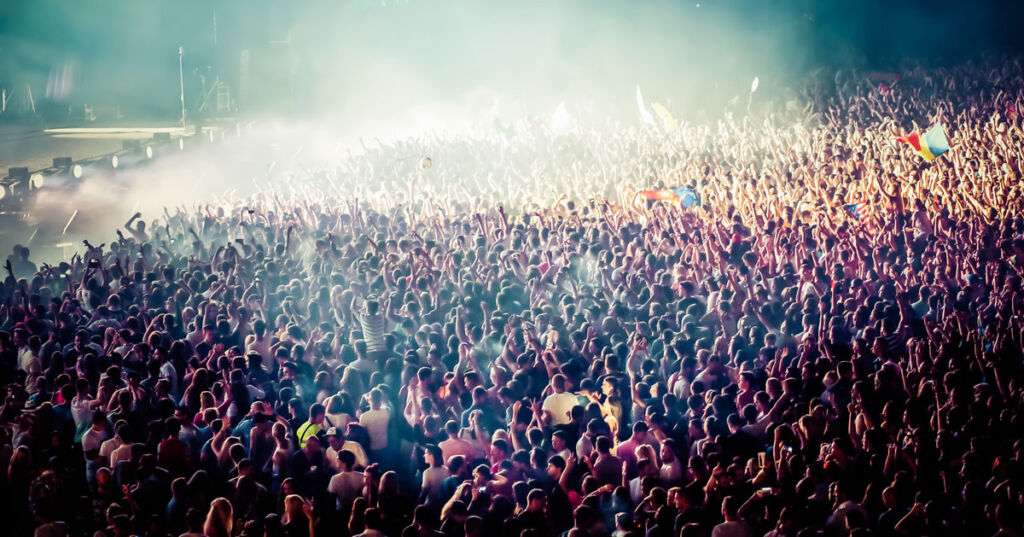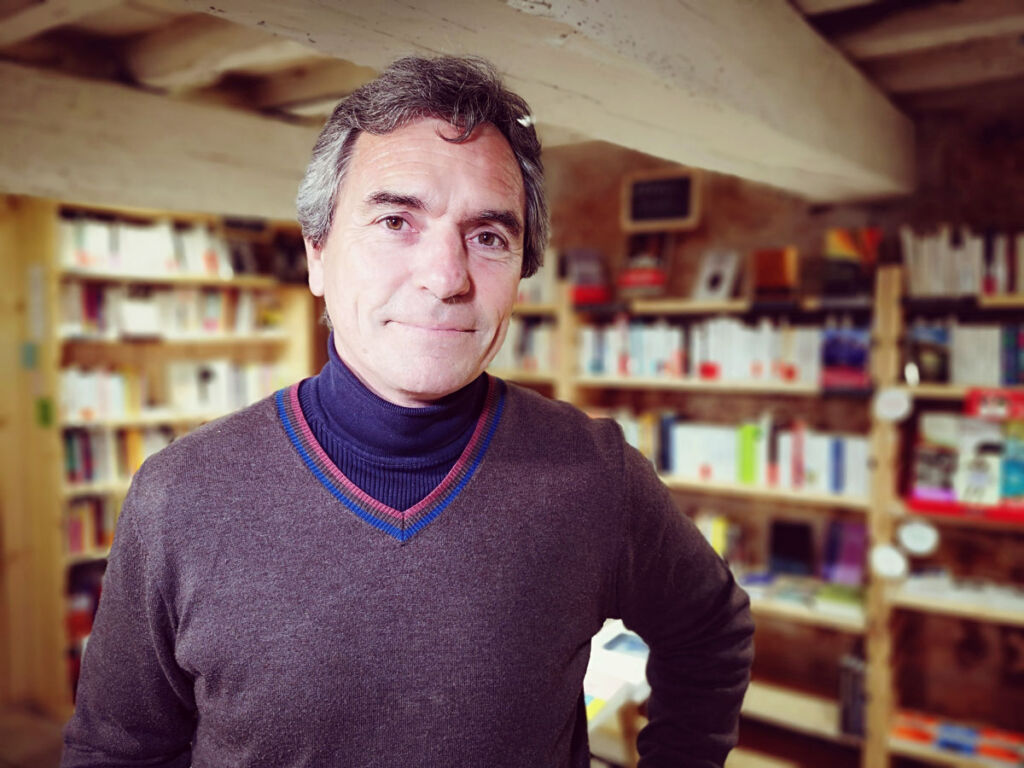[LUM#13] It is through absence that we see the place occupied by culture.
As a direct consequence of the health crisis, many festivals have had to cancel their 2020 editions, causing heavy economic and social losses for the cultural and artistic sector as well as for local areas. A survey published last May estimates these losses at between €2.3 and €2.6 billion. Political scientist Emmanuel Négrier*, co-director of the study, explains.

You published this survey just two months after the crisis began. How were you able to complete it so quickly?
This is a subject I know well, as I have been working on festivals for around 15 years. In June 2019, my colleague Aurélien Djakouane, who is also a sociologist, and I launched a new research project called SoFest, which focuses, among other things, on the socioeconomic indicators of festivals. When the crisis hit, the survey was far enough along that we were able to work on estimating the losses caused by the cancellation of the festival season.
How many festivals have been affected by cancellations?
Between April and August alone, there have already been 4,000 festivals canceled. You estimate the economic losses to be between 2.3 and 2.6 billion. What does this figure represent and how did you arrive at it? It is an estimate of the negative economic impact of these cancellations. The direct negative impact is the total amount of money that the festivals will not be spending. We know the budget structure of the festivals in our sample, so we took their usual total expenditure and subtracted the amount of subsidies which, in the vast majority of cases, were spent on supporting the companies and artists scheduled to perform. Based on 4,000 canceled festivals, this gives us a range of between €580 million and €811 million that should have been spent by the festivals but was not. What about the indirect negative impact? This second indicator concerns the lack of spending by festival-goers. Thanks to surveys conducted as part of SoFest, we know that a festival-goer spends an average of €53 per day (drinks, transport, food, accommodation, tickets, etc.), which must be multiplied by the total number of festival tickets sold, i.e. around 26 million. This gives us a figure of €925 million that is not spent by festival-goers. This represents a loss of revenue for the cultural sector and for the region.
But we haven't reached $2 billion in losses yet?
Because we still need to measure the knock-on effects of festival activity. For example, a festival means work for the local carpenter who builds the railings, who in turn hires people who spend money in the area.
To measure this impact, we used a multiplier that has already been tested in the cultural sector, which gave us an estimated economic loss of between $2.3 billion and $2.6 billion.
What is the outlook for festivals? Will we see them disappearing en masse?
For heavily subsidized festivals, the strategic uncertainty lies in whether the subsidies will continue. Objectively, I cannot predict what the public finances will look like in a year's time, but I imagine there will be some turbulence.
For those with little or no subsidies, uncertainty lies in ticket sales. People are returning to shows under normal conditions. With the energy of desperation, some will stay afloat next year, but what about after that? I fear 2022.
Does your study also estimate the impact on employment?
Yes, a festival is also a human ecosystem, a social ecosystem, an employment ecosystem. For this indicator, the study considers all people whose paid employment is likely to be affected: employees, service providers, freelancers, and interns. We arrive at a fairly wide range of between 52,000 and 111,000 jobs.
You also mention the impact on activity. What is the difference?
This refers to all those whose activity, whether paid or unpaid, has been wiped out by the cancellation of festivals. We are talking about "festival activity," which includes volunteers and all the people
whose activity starts up to four months before the festival, and we estimate that between 230,000 and 360,000 people are affected.
For festival-goers, what does a summer without festivals in France mean?
Our surveys show that festivals have become more than just a form of artistic consumption. They are like small republics because the festival experience has a civic impact that goes beyond the cultural experience. That's what people will miss.
Will these festival cancellations have an impact on the 2020-2021 cultural season?
With Le Printemps de Bourges canceled, along with Avignon, Aurillac, Châlon, and others, meetings between producers, programmers, and artists are not taking place. It is this function of a marketplace in the broadest sense that is disappearing. It is through this absence that we see the place occupied by culture and, within culture, the place occupied by festivals... And we see that it is considerable.

Find UM podcasts now available on your favorite platform (Spotify, Deezer, Apple Podcasts, Amazon Music, etc.).
*Center for Political and Social Studies: Environment, Health, Territories (UM – CNRS)